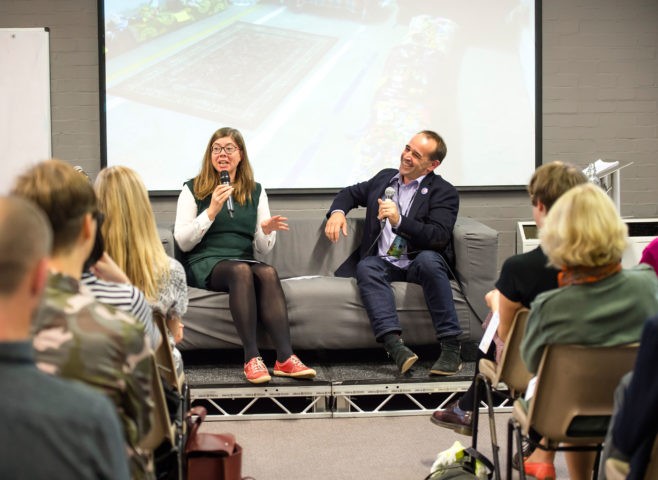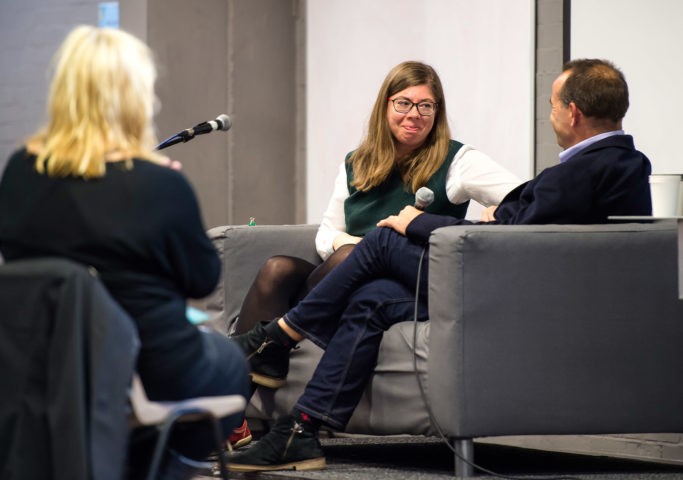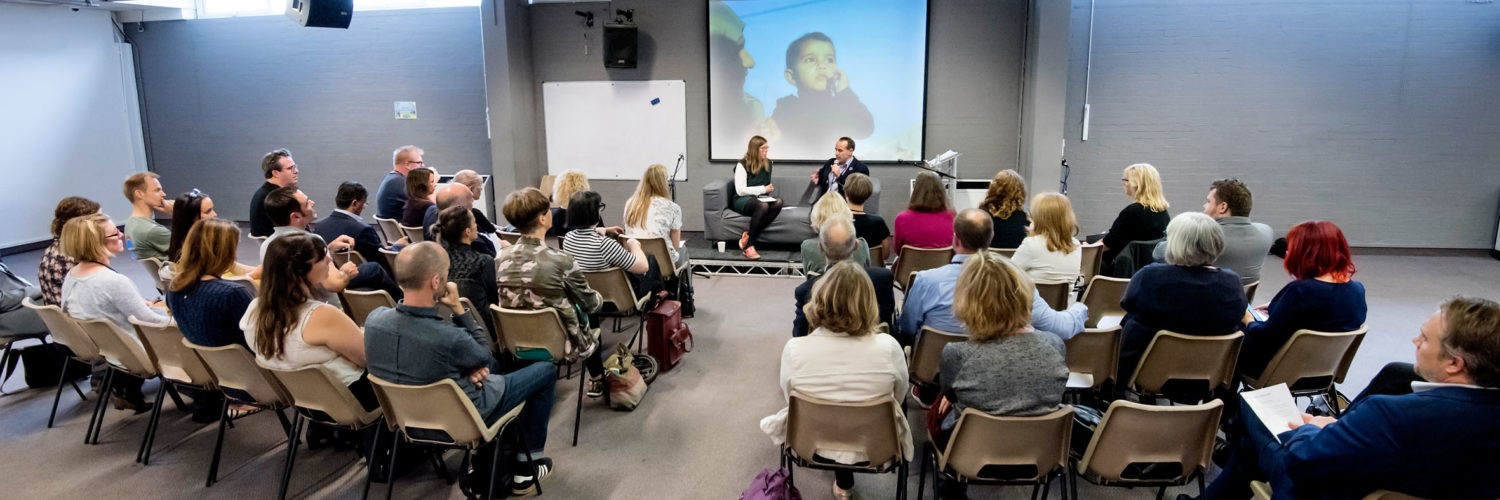
This is a guest post by Susi Doherty from Vervate. Susi has collected her thoughts and written them in this blog after she attended the Brighton Summit 2017, where I interviewed Paul Hutchings from Refugee Support – Greece.
Thank you, Susi, for the post.
Refugee Support
In 2015, Paul Hutchings was running a successful Brighton-based marketing research company called Kindle Research. Like many of us, he was moved by news reports about the growing problems for the refugees in Calais. Unlike, just about all of us, he did something practical about it. He hired a van and went to Calais for the weekend where he met John Sloan and ended up helping in Calais for six months.
In essence, Paul has never come back. Paul self-funded for the first 18 months and is now reliant on donations to enable him to continue.
What happened next?
In 2016, Paul and John established Refugee Support to help refugees in Greece and across Europe.
As of October 2017, Refugee Support has:
- welcomed 500 volunteers from around 35 countries to work with them;
- operated on six camps in Greece and currently on four;
- are about to begin operations in Bangladesh with the Rohingya refugees;
- developed strong working relationships with large humanitarian organisations and local communities alike;
- worked to a very strong ethos of providing ‘Aid with Dignity’.
What we also learnt for business
Those of us that were listening to the interview had two hats on. The over-riding one was that of being moved by Paul’s journey and overwhelmed by hearing such a personal account.

The other hat we had on was our business heads. Paul and John took enormous risks, and still do, in establishing the organisation and the continued smooth operation of it. The following describes the lessons we learned along the way:
How establishing clear boundaries and a concise focus is so vital
Paul described how often they had been forced to say ‘no’ to individuals and organisations that have wanted help. Clearly, that remains a very difficult thing to say but they have learned that always saying “yes” can lead to an erosion of their guiding principle; ‘Aid with Dignity’. For example, instead of handing out resources to anyone that asked for them in an ad-hoc way, they started a system of shops and currency in the camps to promote a sense of normality and stability. Working out boundaries is a must.
How working with a business partner can be tough
Paul and John had a rocky start, with so many demands in so many ways on them both. However, Paul recounts that after the initial bumpy process, they have now found the best roles for themselves in the organisation – and roles that complement each other. It worked and continues to do so because they care so much and work hard to avoid the trap that many other volunteers fall into, of making it about them. It is about the refugees, the volunteers, the donors – everyone.
The mental toll
Staying grounded and positive in the midst of so much sorrow is not easy. Paul described how important it is to find your way to get through it and not hide it away. Share it, pace yourself, keep fit and healthy – these are all basic necessities to having the resources to keep going and maintaining a sense of wellbeing.
How important it is to empower others you work with
Refugee Support put everything they do through the lens of ‘Aid with Dignity’. For example, the kitchens on the camps are run by refugees. The language school is led by volunteers and staffed by refugee teachers. However, it is also important to remember the whole ‘community’ – donors, volunteers and locals too. Everyone needs to feel included and valued.
Knowing what success looks like
Clearly, for an organisation like Refugee Support, this is not an easy answer. The situation for refugees only seems to grow worse by the day. Maybe the answer we are seeking is in the individual stories of the refugee families that were helped by Refugee Support in establishing a life in another country.
How can we help?
Towards the end of the interview, someone asked, “what kind of skills Refugee Support looked for in its volunteers and how businesses can help?”.
Here is a recap and as like me, you are likely to be moved to want to get involved, I have put the relevant links under each one.
Volunteers
On the camps, there are literally all age groups and the basic skill is to be a warm person with a ready smile. Businesses could also participate by funding a member of staff to volunteer for a couple of weeks.
There is a raft of people offering voluntary support in their own countries such as running a social media stream, designing goods, writing newsletters, etc. Paul mentioned they are currently looking for individuals to help with bookkeeping and to ensure as an organisation they are proactive in PR.
Contact Paul for further information – info@refugeesupport.eu
Donations
Money makes it easier to respond appropriately on the ground and it keeps both John and Paul going.
To read more of their journey, stories and news, find them here:
Website: www.refugeesupport.eu
Instagram: refugeesupportgreece
Twitter: RefugeeSGreece
Facebook: RefugeeSupportGreece
Postscript by Julia Chanteray:

“That is a great idea of businesses being able to help by sponsoring an employee to go and help the Refugee Support team for a couple of weeks. Think what they would learn in terms of management and leadership to bring back. I’m pretty sure many of us could also spare an employee for an afternoon a week to help with the work that’s being done in the UK.
Thank you for suggesting Paul, to speak at the Brighton Summit, Susi. It’s too easy to compartmentalize our work and our desire to help others, so it was great to be able to talk about how the two intersect and what we can learn from Pauls important work.”
Photo credits to Liz Finlayson from Vervate

